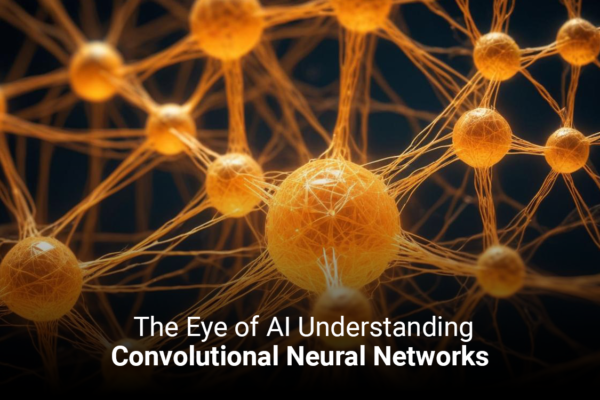AI’s Global Impact: A Transformative Force with Challenges and Opportunities”
In a recent interview with CNBC, political scientist and Eurasia Group president Ian Bremmer shared his compelling insights into how Artificial Intelligence (AI) is poised to reshape the world as we know it. With an enthusiastic outlook, Bremmer painted a vivid picture of the profound impact that AI will have on geopolitics and globalization, highlighting both its incredible potential and the looming challenges.
AI: A Catalyst for a New Era of Globalization
Bremmer’s optimism shines through as he discusses the potential for AI to herald a new era of globalization. He envisions a world where AI democratizes access to technology, giving rise to a burgeoning global middle class. He believes this will empower individuals worldwide, leading to increased human capital and fostering progress in sectors like medicine and education. AI’s ability to streamline industrial and scientific processes is also touted as a boon for global development.
Bremmer says, “I’m an enthusiast about what this technology will do for the world.” His unwavering optimism paints AI as a transformative force that can bridge gaps and elevate the quality of life for people worldwide.
The Dark Side of AI: Risks and Disruptions
However, Bremmer is not blind to the darker side of AI. He aptly points out the potential risks and disruptions it can bring. The democratization of AI means that malevolent actors can also wield their power. Hacking, malware creation, and even the creation of viruses are ominous possibilities. The governance of AI, he cautions, is a complex challenge that governments and tech companies still need to be adequately prepared for.
Global Awareness and Regulation: A Work in Progress
While global leaders and policymakers were slow to recognize the implications of AI a year ago, Bremmer notes a significant shift in their attitudes today. AI has swiftly climbed the agenda of countries like China, the United States, and the United Kingdom, as well as international bodies like the European Union and G7. They are actively seeking to understand the nuances of AI and its potential impact on political systems, economies, and national security.
Despite these strides, Bremmer emphasizes the need for collaboration and global oversight in AI regulation. He envisions a United Nations-driven process that brings together governments, scientists, and companies to establish a comprehensive understanding of AI. He believes this is essential to strike the right balance between fostering innovation and safeguarding against the risks associated with AI.
In a visionary proposal, Bremmer suggests the creation of a “geo-technology stability board,” where nations and tech giants can collaborate to ensure that AI is regulated thoughtfully without stifling the global AI market.
Ian Bremmer’s visionary insights illuminate a breathtaking canvas of AI’s boundless potential to redefine our world. While the path forward glistens with promise, it is also etched with the formidable contours of challenges that demand the symphony of global collaboration and ingenious solutions. The world is awakening to the extraordinary transformative force of AI, and in this profound journey, complacency is a luxury none can afford.























